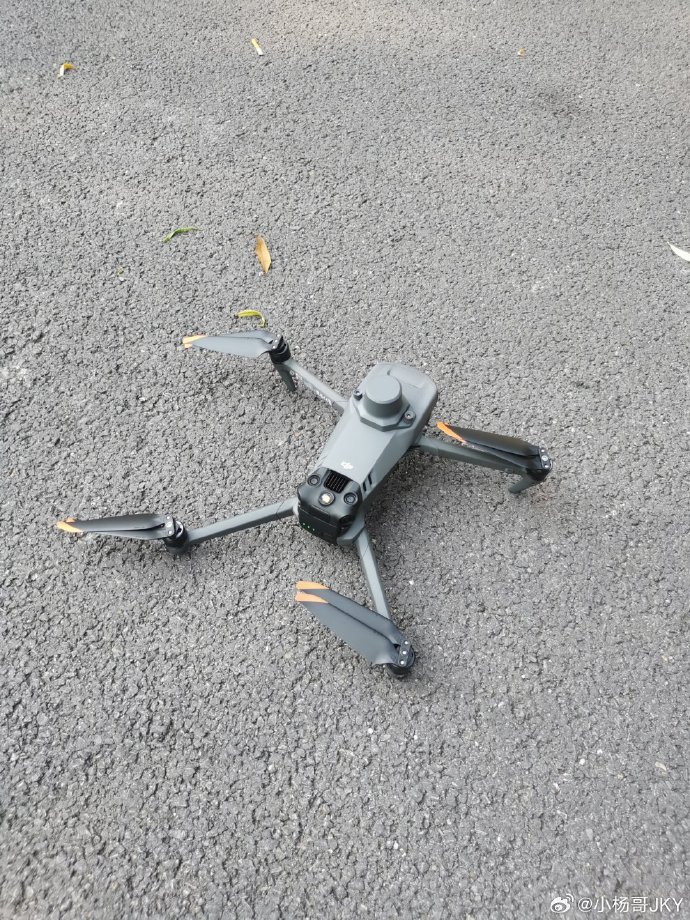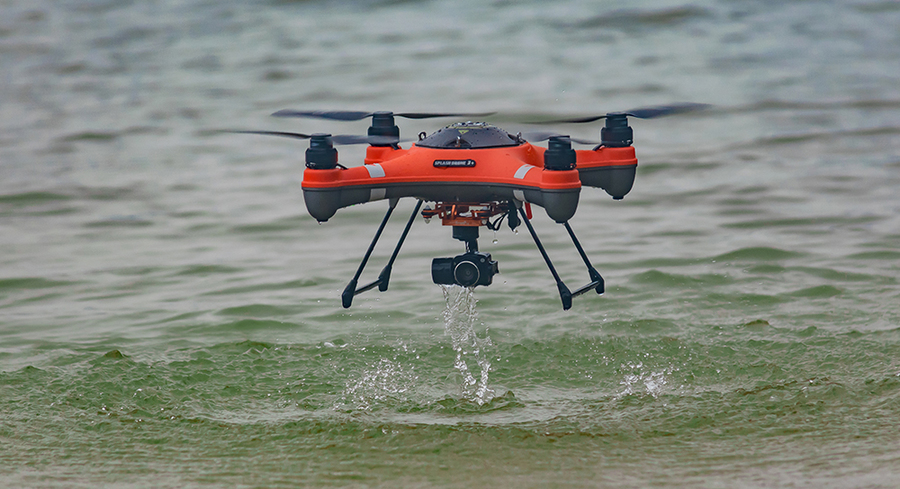Drone theory is an essential subject for anyone interested in unmanned aerial vehicles (UAVs). With drones becoming increasingly popular in various industries, understanding the fundamentals is crucial for their effective application. The term “drone theory” encompasses a wide range of topics, from basic technical understanding to complex aerodynamics and control systems. This article explores drone theory’s key components, providing a comprehensive guide to grasping the basics and advancing further into this fascinating domain.
What is Drone Theory?

Drone theory involves the study of drones’ operational principles, engineering, and various applications. This includes understanding their design, propulsion, and control systems, as well as navigation and communication strategies. The theory also extends to drone technology’s ethical, legal, and societal impacts, which help shape regulations and policies.
The Technical Components
The technical side of drone theory consists of three primary components: aerodynamics, propulsion, and control systems. Aerodynamics is the study of airflow over a drone’s body, which affects stability and performance. Propulsion systems ensure effective movement and include engines, motors, and batteries. Control systems manage flight patterns, stabilize drones, and maintain communication protocols.
Drone Applications
Drone theory becomes practical through various applications across numerous fields. In agriculture, drones help monitor crops and optimize resource use. In photography and filming, they capture unique aerial perspectives. The emergency services use drones for search and rescue operations, while logistics companies explore possibilities for efficient delivery services. Each application highlights different aspects of drone theory, showing its diverse impact.

Legal and Ethical Considerations
Understanding drone theory also involves navigating legal and ethical territories. Drones must operate within established airspace regulations, protecting privacy and ensuring safety. Ethical use mandates respect for personal boundaries and societal norms. Therefore, an adequate grasp of drone theory requires familiarization with these elements and their implications.
Advancing in Drone Theory
As drone technology evolves, so does drone theory. Advanced topics include AI integration, enhancing autonomous functionalities, and improving swarm intelligence for coordinated operations. Furthermore, ongoing research focuses on increasing energy efficiency and expanding operational ranges. Staying informed about these advances is vital for anyone looking to deepen their expertise in drone theory.
Future Trends and Innovations
Drone theory’s future promises exciting opportunities and challenges. Emerging technologies aim to increase drones’ capabilities, such as improved sensors for better environmental interaction and more advanced navigation algorithms. Innovations also target solar-powered propulsion, promising extended flight times and broader applications. As these trends continue to progress, drone theory will undoubtedly expand, influencing countless aspects of modern life.
Common Questions about Drone Theory
Q: How can drone theory help improve drone usage?
A: Understanding drone theory enhances strategic planning, efficient utilization, and innovative problem-solving, enabling users to maximize drone technology’s benefits.
Q: Are there prerequisites for studying drone theory?
A: Basic knowledge in physics and mathematics is advantageous, but beginners can delve into drone theory with the abundance of available resources designed for all levels.
Q: What is the significance of ethical considerations in drone use?
A: Ethical considerations ensure drones respect privacy, adhere to safety regulations, and align with societal standards, promoting responsible usage and fostering public trust in drone technology.
